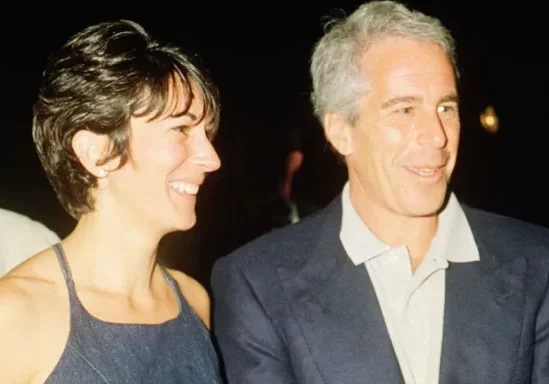Meet Ezekiel—The Watchman of God’s People

SHARE
Amidst the dust of exile and the ruins of a fallen Jerusalem, one voice echoed with clarity and urgency: Ezekiel, God‘s appointed watchman. Known for his vivid visions and bold proclamations, Ezekiel’s calling was not draped in silk or spotlight, but in obedience to a holy and relentless God. His message? Repent, return, and remember the Lord.
In Ezekiel 3:17, God says, “Son of man, I have made you a watchman for the people of Israel; so hear the word I speak and give them warning from me.” It’s a solemn charge—one that required Ezekiel to stand between God and His people, faithfully relaying messages of judgment and hope. His platform was not a stage or scroll, but the very streets of Babylon, where he declared what the Lord revealed, no matter the cost.
Much like a lighthouse guarding ships from rocky shores, Ezekiel’s role was to warn Israel of the danger of spiritual drifting. His early visions—such as the whirlwind, living creatures, and wheels within wheels (Ezekiel 1)—weren’t for spectacle, but symbols of God’s glory, presence, and power. These scenes, though difficult to comprehend, revealed one truth: God had not abandoned His people, even in exile.
Ezekiel’s life itself became a message. In chapter 4, he lay on his side for over a year as a sign of Israel and Judah’s sins. He shaved his head with a sword and scattered the hair to illustrate judgment (Ezekiel 5). He did not just speak the Word—he embodied it.
Perhaps one of the most famous visions is the Valley of Dry Bones in Ezekiel 37. God brings Ezekiel to a valley filled with bones and asks, “Son of man, can these bones live?” (v.3). Ezekiel responds with reverence, “Sovereign Lord, you alone know.” What follows is a breathtaking picture of restoration—God breathes life into what was dead, symbolizing His promise to revive Israel. It’s a picture that still resonates today: no situation is too dry, too broken, or too far gone for God to restore.
But Ezekiel wasn’t just about warning and judgment. He also saw a future of hope and redemption. From the vision of a new temple (Ezekiel 40–48) to the promise of a new heart and spirit (Ezekiel 36:26), his message pointed forward to a God who disciplines but also rebuilds.
Ezekiel’s unwavering focus on God’s word stands as a call for believers to be vigilant, faithful, and bold. His story reminds us that being a watchman isn’t about popularity or applause—it’s about obedience. It’s about standing firm when others fall away, and speaking truth when silence is easier.
May we, like Ezekiel, listen closely, speak clearly, and live fully for the One who calls us by name.
*Cover Photo/Thumbnail Photo from bibleart.com
RELATED ARTICLES

‘Gift of Fortune’ Chinese New Year Stay Package

Pastors Speak as Darkness Comes to Light

James Van Der Beek’s Last Words: Worthy of God’s Love

Our Pledge to You: Optimal comfort, Convenience, and Flexibility








